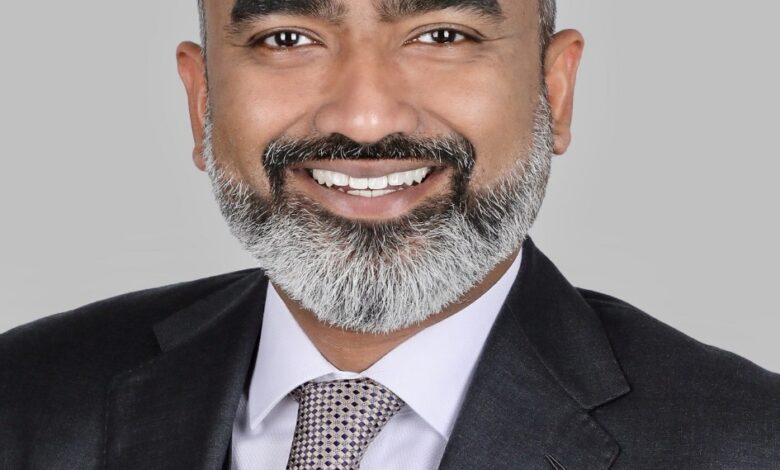Arthur D. Little Highlights “UAE and KSA Banks Race To Dominate Employee Experience (EX) in GCC“

Ahmed Bin Abdulqader ـ nabd–alhadath
In a new report, Arthur D. Little (ADL) has unveiled key insights on the transformative role of employee experience (EX) in driving organizational success within the Middle East (ME), in particular UAE and KSA. Drawing on decades of expertise helping organizations navigate complex challenges, ADL’s latest report emphasizes the direct impact on profitability through prioritizing EX on engagement, retention, and innovation. Middle Eastern banks, despite strides in equality and engagement, need to continue to invest, similar to their Asian and global counterparts – in onboarding, training, well-being programs, and employee recognition to unlock lasting EX change.
With 87% of banking transactions conducted digitally today, ME banks are on par with Asia’s leading financial institutions (89%) and ahead of the global average of 85%. However, while digital transformation is strong, employee engagement and retention remain a challenge, with attrition rates in the ME region significantly higher at 15-20%, compared to Asia at 10-15% and North America at 12-15%.
“In today’s competitive landscape, banks must view employee experience as a cornerstone of their operational strategy,” said Yacin Mahieddine, Partner, Global Financial Services at Arthur D. Little, Middle East. “Our research shows that organizations investing in EX see tangible improvements in productivity, innovation, and employee retention, especially in rapidly evolving markets like the UAE and KSA.”
In the UAE, analysis shows banks continue improvements and innovation in EX, for example adopting advanced AI and machine learning tools to deliver personalized HR initiatives and wellness programs, that enhance work-life balance and foster stronger workforce loyalty and productivity. Asian leaders such as DBS Bank in Singapore have set a global benchmark by partnering with AWS to deliver cutting-edge AI and machine learning training programs. Global financial institutions are also leveraging AI-driven training models to strengthen employee development and revolutionizing employee experience, through enabling personalized learning paths and predictive analytics to shape employee development.
“In markets like KSA, where national transformation goals are reshaping industries, prioritizing employee experience is seen as essential to building a motivated and future-ready workforce. Key initiatives are focused on increasing female workforce representation to 22% by 2025, aligning with Saudi Vision 2030 goals, and achieving a resilient and diverse workforce” said Nelson Danam, Principal, Global Financial Services at Arthur D. Little, Middle East. “Today we see key trends shaping EX such as the integration of AI, the rise of hybrid work models, and the increasing focus on diversity and well-being, being rolled out in KSA. Leaders acknowledge that bold shifts toward people-centric cultures and authentic workplaces, will make their banks ready to attract and retain top talent.”
With employee expectations evolving rapidly, prioritizing EX is no longer optional—it is a strategic imperative for driving organizational growth, adaptability, and innovation. Strategic alignment, culture transformation, and proactive change management aren’t just best practices; they’re necessities for sustaining competitive advantage in the EX landscape.




